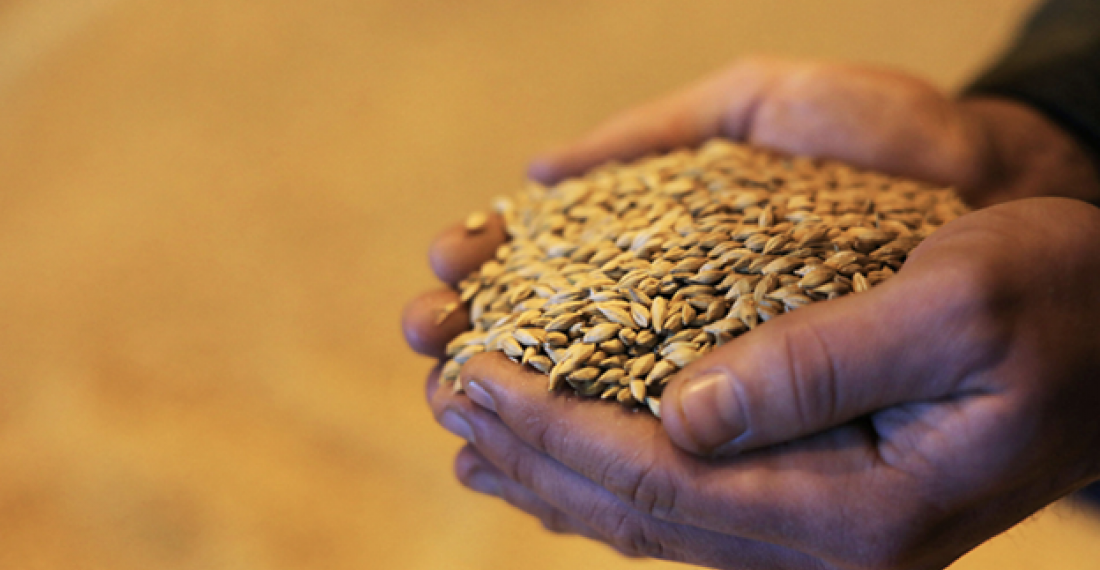As international sanctions start to bite, Russia has halted exports of grains to members of the Eurasian Economic Union (EAEU) to maintain domestic price stability. The decision by Russian authorities is causing prices in Central Asia to skyrocket.
On 10 March, as a response to the rising prices of grains within Russia, the government press service stated that “Russia is introducing a temporary ban on the export of grains to the countries of the Eurasian Economic Union.” The grains included are wheat, rye, barley and corn, and silage. The Kremlin also announced a ban on the export of sugars. The price of sugar in Russia rose by 13% over the week of 5-11 of March. Russia is the largest exporter of wheat globally and the decision is causing further price spikes in Central Asian countries.
Kazakhstan had increased its volume of Russian imports by 77% over the past year as droughts have reduced the volume of domestic wheat production. Yevgeny Karabanov, an expert at the Grain Union of Kazakhstan, said the Russian ban on grain had sparked panic-buying with farmers taking advantage of the situation by increasing prices even if, according to the expert, “Kazakhstan has enough grain, even a lot of surplus that can be exported.” In Kyrgyzstan, Russian and Kazakh wheat comprise 90% of imports which means export bans could have marked knock-on effects for wheat in the country. With regard to the ban on the export of sugars, the decision is already inducing a shortage in Kazakhstan with the near disappearance of sugar from food shelves and a doubling in price. Authorities say that current stocks only cover three months. Sugar is similarly absent from shops in Kyrgyzstan, and prices have risen significantly in the past week.
The imposition of export bans within the EAEU, which encourages the free movement of goods and services and attempts to rival the European Union, signals a break within the Russian-led political and economic union. While the Russian Economic Development Ministry stated that “EAEU countries have already bought the amounts they need, free of duty, over the current season,” other members of the union may take a different view and look to other countries to provide economic and food stability in the medium to long-term.







